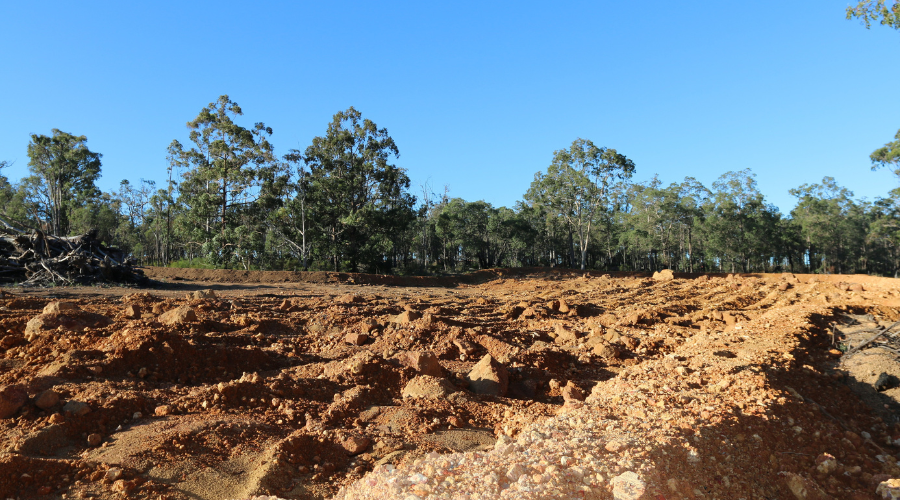
Frustrated with poor nature funding?
Voice your concern through your local newspaper or radio station
Despite investments in a new environmental protection authority, data office and national parks, the 23/24 Federal Budget still falls short of the significant resources required to protect nature, rein in climate change, and stop biodiversity loss.
Glaring under-funded exceptions include a lack of new funds for addressing the current backlog of endangered species recovery plans and World Heritage nominations.
This is truly concerning. But the fight isn’t over. We now have to take the fight to the public.
Write a letter to the editor of your local newspaper

Letters to the Editor are widely read and reach a large audience, including politicians and their staff. These letters can also influence what topics the newspaper covers.
The newspaper only has limited space, so not all letters are published. The more letters received on a particular topic, the more likely they are to publish at least one of the letters on the topic. So if you don’t get your letter published, but other letters on the same topic are published, your letter may have been the one that made the difference.
Here are some tips on how to go about writing the best letter you can. A few simple rules
Keep it short. Shorter letters (50-200 words) are more likely to be published.
Stick to one concise point. If you have more to say you can write another letter (but not the exact same one) tomorrow.
Make it personal. Share your particular experience or perspective. Humour is also good, but avoid sarcasm.
Use short sentences and plain language, and check for typos. This makes it easier for the reader to understand your point.
Stick to the facts. You could note that Minister Plibersek committed to no new extinctions in October 2022. But the budget allocated to that action plan was around 10% of what scientists have said is needed.
Statistics can help, so throw in some numbers or percentages if you have them handy, but make sure they are accurate. You could note the Wilderness Society’s calculations that the government is spending less than a dollar per hectare of Australia in this year’s budget.
Include your name and address and a daytime phone number. Many newspapers need to verify your contact information. When printed, the letter will usually include your name and suburb.
Send letters to smaller newspapers. They are more likely to print your letter and the letter can then spark local community action.
You can send your letter to the newspaper by email, fax or post. If you are emailing, put the letter in the body of the email, not as an attachment. Submission information will usually be listed on the newspaper’s website or in the hardcopy version of the newspaper, near the letters.
Good luck—get out there and start writing!
Call talk back radio

Democratic, instant and often controversial, talkback radio is highly influential.
Big business and government pay thousands of dollars to have monitoring companies scan the talkback sessions looking for the mood of the electorate.
If you’re frustrated about the government’s failure to prioritise nature funding in this year’s budget, let other people know. Pick up the phone.
Many stations have talkback programs at different times of the day. You can usually find the station’s number to call by listening to the program or by searching online.
Before you call:
Have the numbers ready. Store them in your mobile.
Listen to the show to determine the hot topic of the day. Decide what you want to say.
Jot down some brief notes to help you when you’re on air. It’s better not to read out what you’ve written word-for-word, as this doesn’t sound natural on the radio. Just have a few dot points to remind you.
Call the number and say briefly what you want to talk about. If you have a personal connection, this will make it more likely you will be put on air.
When on hold make sure your radio is switched off and listen to the show via your phone, otherwise your call will be affected by feedback.
When you’re on the air:
Remember your mission—to convince, to educate, to lobby—to convert the unconverted.
Be concise and get straight to the point. A quick "Hello [host name]" and then get straight into it. You'll probably have 60 seconds maximum.
Keep it simple. Always assume that listeners don’t know as much about the issue as you do. The key points are that Australia is experiencing a biodiversity crisis, we have had two decades of strong economic growth, yet the government is still spending less than a dollar per hectare on protecting nature.
Make it constructive. Don't just make a wise crack or let off steam—that won't change anyone's mind. Tell a compelling first-hand story. Give a statistic (but make sure it’s accurate). Give out information (website, phone number, meeting place) so interested listeners can take action.
Be polite. Passion is great but anger comes across poorly on air no matter how right you are. Don’t insult the presenter, politicians, or other callers. And don’t swear!